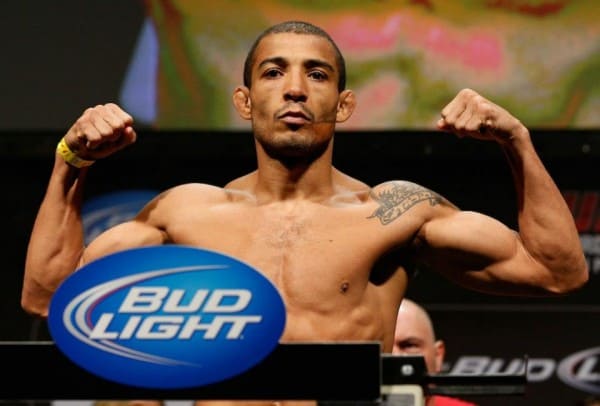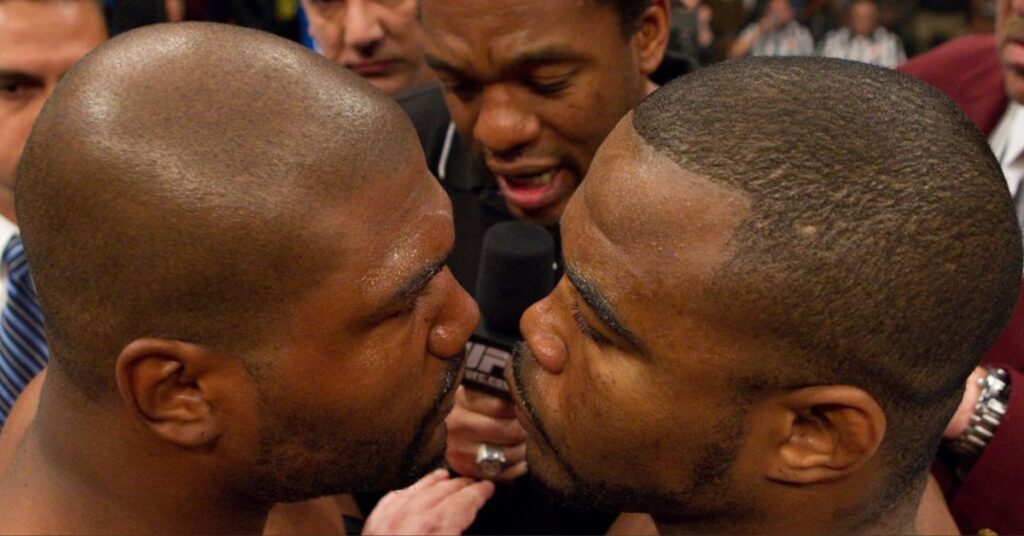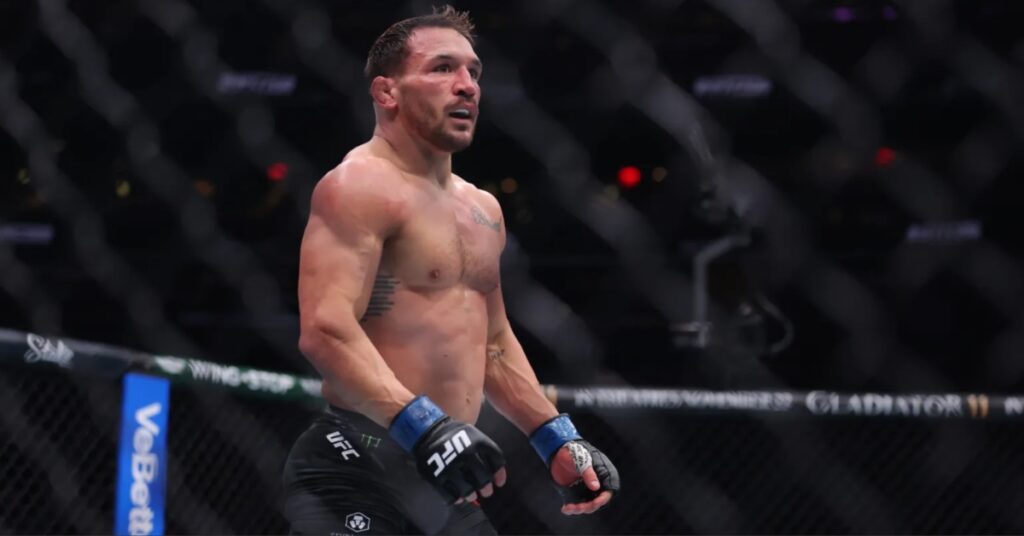In Depth Report Points Out Glaring Issues With Weight Cutting

The health risks associated with weight cutting in mixed martial arts are massive. They range from severe dehydration, dizziness, fainting and fatigue, all the way to organ disease and potentially death. Luckily we’re yet to see a weight cut-related death in the UFC, but it has been happening sporadically in other MMA organizations.
In a full spread by Bleacher Report, more light is shed on to the highly controversial subject as medical professionals give their two cents on the subject. Neatly tied in with the ever-present issue of weight cutting risks is the new ban on IV rehydration by the UFC and USADA (United States Anti-Doping Agency), to be implemented in October.
Check out what veteran UFC lightweight Jim Miller said of his harrowing experiences during his time cutting weight as a fighter, including the time he was stricken with kidney stones:
“I was peeing blood, and my kidneys hurt. It’s kind of miserable,” said Miller. “You get kind of foggy. It’s hard to make decisions. I get a headache, a little bit of weakness. My cut is not on the extreme end.”
“I think [weight cutting] has definitely had an effect on my body. It’s something I don’t feel today, but I wouldn’t be surprised if it took a couple years off my life.”
The dangers of cutting huge amounts of weight to gain a physical advantage in a fight come as a huge gable. Fighters like Jose Aldo and Renan Barao cut ridiculous amounts in preparation for their UFC fights, and current UFC light-heavyweight Anthony Johnson used to cut around 40-50 pounds to make the welterweight limit of 170. The report also included some quotes from credited professionals in the field:
“This is the biggest problem in combat sports,” said Andy Foster, executive officer of the California State Athletic Commission. “Five or 10 percent of people are doping. The number of people dehydrating is much, much higher… [Weight cutting is] a traumatic event. Then the very next day, you combine that with another traumatic event, and that’s called a fight. Combine these two things, and you’re just asking for trouble.”
“No medical professional would be in favor of allowing that procedure,” said Dr. Robert Cantu, director of sports medicine at Emerson Hospital in Massachusetts and a clinical professor of neurosurgery at Boston University School of Medicine. “There are definite dangers of dehydration. There is electrolyte imbalance, low blood sugar, the danger of overhydration.”
‘Rumble’ once said he was ‘close to death’ while cutting to 170 pounds, Renan Barao fainted and lost his title fight with TJ Dillashaw due to a botched weight cut, and there have been numerous reports of deaths worldwide due to the dangerous methods employed by athletes. James Vick discusses his crazy 30-pound weight cuts also:
“You feel like you’re gonna die,” Vick said. “It’s hard to explain how painful it is. You have the attention span of a two-year-old. You can’t focus on anything. If I fought on the day I weighed in, I’d lose to anyone.”
“People look at me like I’m nuts when I tell them [how much weight I cut],” Vick said. “But I do it because of the size advantage it gives me.”
In a rather opposing view, the report suggests that the fighter who has had a more natural and less stressful weight cut is more often the winner:
“While some in the media make great comment about the actual fight time weight of the contestant and the advantage therein, statistics in New Jersey for mixed martial arts do not support that viewpoint,” NJSACB Counsel Nick Lembo wrote in an emailed response to questions. “Frequently, the lighter contestant or the contestant who had an easier time at the weigh-in proves to be the victor. …[The other fighter’s] lack of cardio and strength becomes apparent.”
With the UFC’s image constantly under scrutiny, surely it’s time for a maximum weight cut limit to get implemented. Declaring IV rehydration as a form of performance enhancing cheating is one thing, but that won’t stop these brutal weight cuts taking place, it will simply change the methodology behind them.
As they still have a relatively clean record in terms of fighter health & safety in relation to weight cuts, should this practice be even more regulated than it already is? It only takes one, and then hindsight would likely suggest this should have been done years ago.
What’s your opinion?






